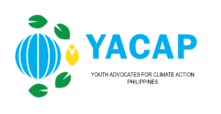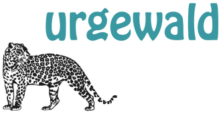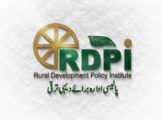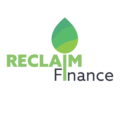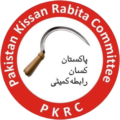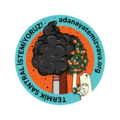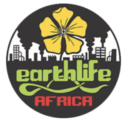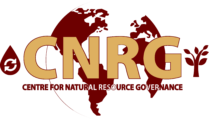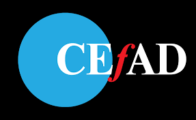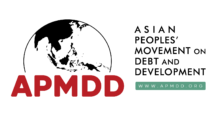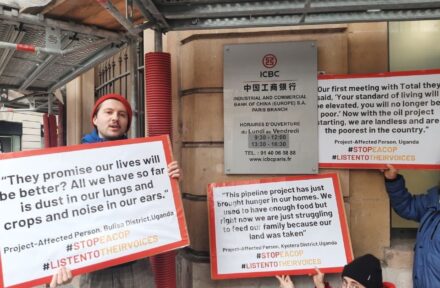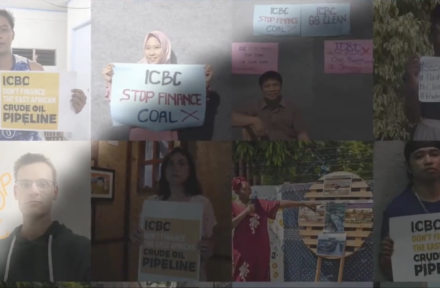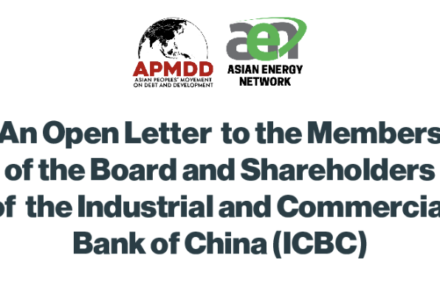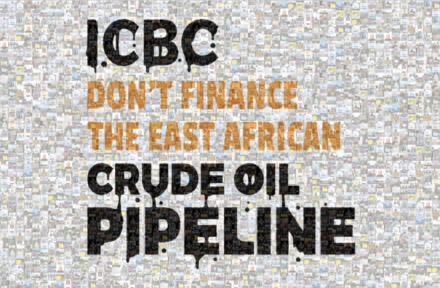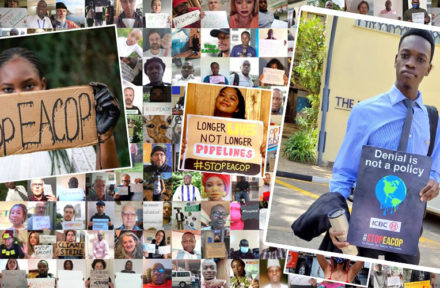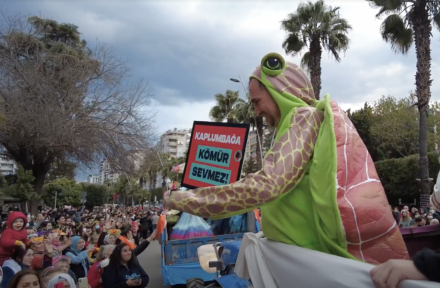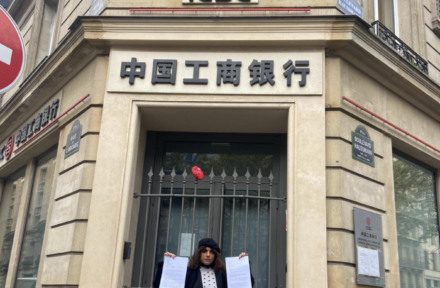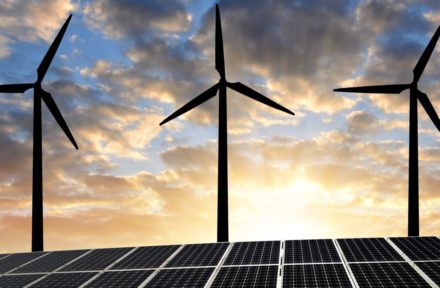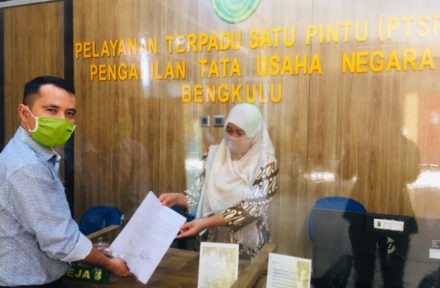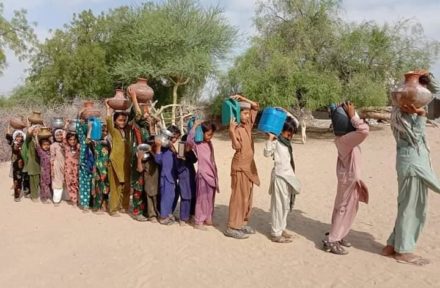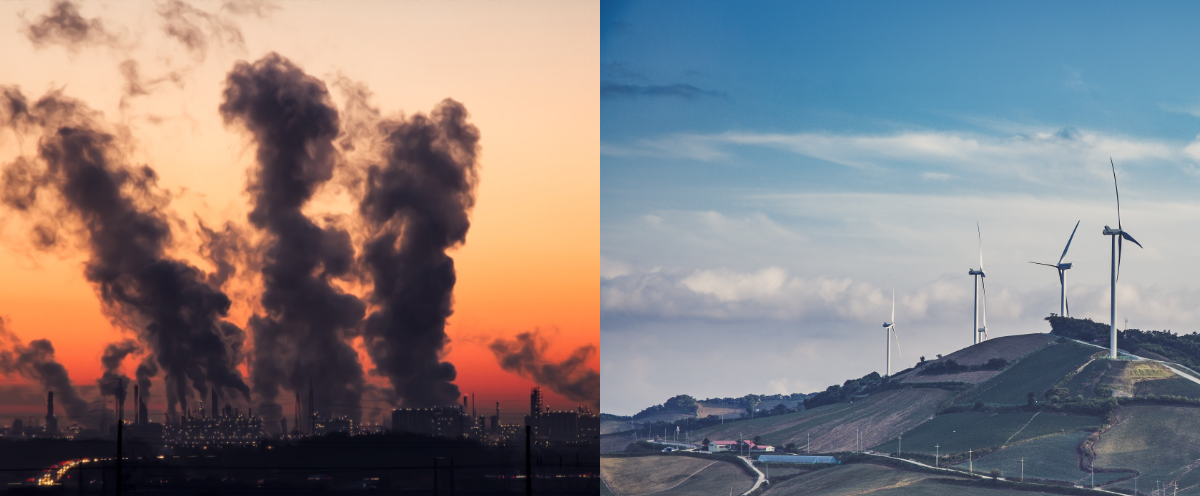

Make a clean break from coal
ICBC has already increased its support to renewable energy sources.
But they still need to make a clean break from coal.
If ICBC wants to be recognized as an international true leader on sustainability, the bank must stop direct and indirect financing for thermal coal projects immediately. ICBC must follow the lead of the Chinese government and increase its climate ambitions, zeroing emissions from its operations and finances.
Zero means no new coal power plants, anywhere.
Industrial Commercial Bank of China (ICBC) is the
world’s biggest bank,
currently funding huge coal projects in Africa, Europe, and Asia.
From October 2018 to October 2020, ICBC channeled $40 billion to the coal industry.


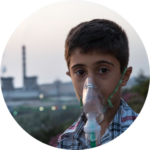

ICBC has shown their commitment to the environment in a number of ways, but to set an example, they must commit to a clean future without coal.
Go Clean ICBC is a global network of organizations opposed to ICBC’s coal finance. Our message is gaining momentum, with strong resistance to ICBC’s coal funding in recipient countries like Turkey, Zimbabwe, Indonesia and Pakistan.
As the world’s biggest bank, ICBC has an opportunity to be the world’s climate leader in green finance and sustainability — leading the global transition from coal into renewable energy sources like wind and solar.
ICBC should follow the lead of the Chinese government and commit to emissions reduction across its portfolio and operations, helping lead China to net zero by 2060. In doing so, ICBC can strengthen its position in the energy transition and guide peers in the right direction.
